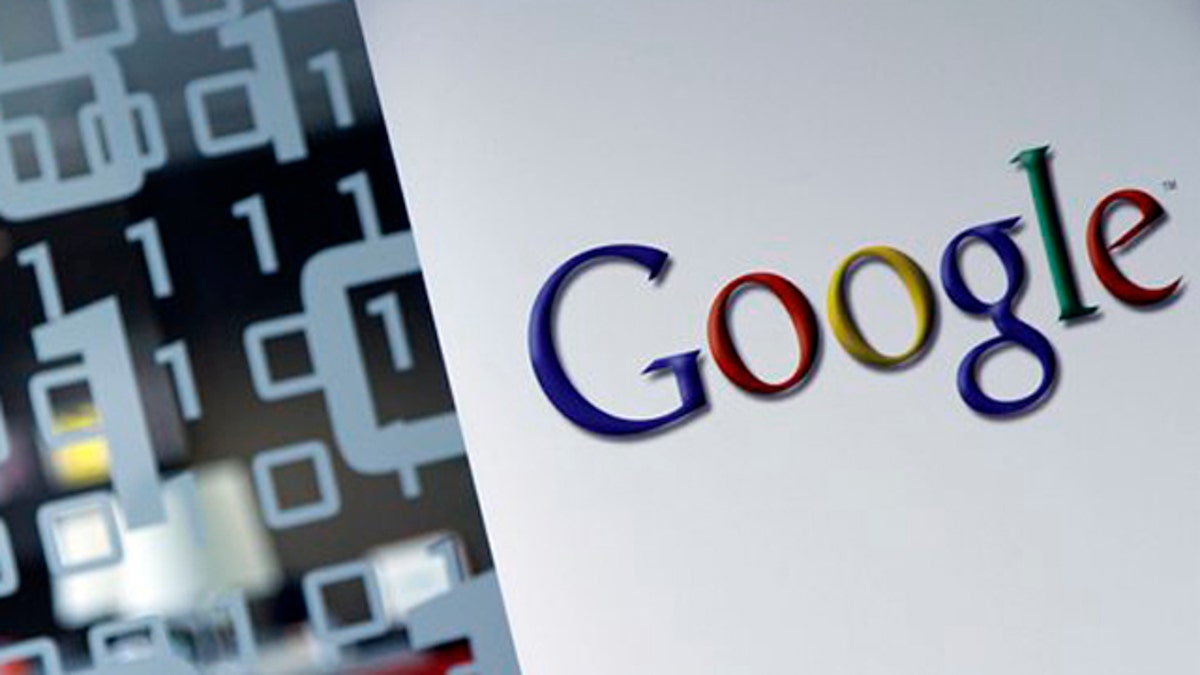
Google was the target of a cyber attack by China (AP)
Two members of China’s top ruling body orchestrated the Google hacking, which led the Internet giant to momentarily pull out of China last March, The New York Times reported on Saturday. These revelations came from diplomatic cables released by WikiLeaks.
This is not an isolated incident, according to the report.
The American Embassy sent a cable to Washington saying a source told diplomats the Chinese government coordinated late last year's attacks on Google under the direction of the Politburo Standing Committee.
It was impossible to verify the details of the cables, but if true, they show the political pressures facing Google when it decided in March to close its China-based search engine.
China has made repeated and oftentimes successful cyber attacks on the U.S. government, private enterprises and Western allies as far back as 2002, The Times cited the cables as saying
One cable, sent earlier this year, said, "A well-placed contact claims that the Chinese government coordinated the recent intrusions of Google systems. According to our contact, the closely held operations were directed at the Politburo Standing Committee level," the newspaper said.
The cable quoted the contact as saying Google's attack was “coordinated out of the State Council Information Office with the oversight" by Li Changchun and Zhou Yongkang, two members of the Communist Party's Politburo, The Times reported, which added that Zhou is China's top security official.
The contact cited in the cable, a “Chinese person with family connections to the elite,” denied knowing who orchestrated the hacking, according to The Times.
The person told the newspaper that it was one of Li’s subordinates, and the two officials gave the plan the green light, but was unsure if the leaders directed the hacking.
The Times reported that it remains unclear how the cyber attacks were implemented, and did not explain the inconsistency between what the person said in the interview and what was attributed to the person in the cable. "The cables also appear to contain some suppositions by Chinese and Americans passed along by diplomats," The Times reported.
At least one unreported cyber attack conducted two years ago yielded more than 50 megabytes of usernames, emails and passwords from a U.S. government agency, according to the newspaper.
Google's relations with Beijing have been tense since the U.S.-based search giant said in January it no longer wanted to cooperate with Chinese Web filtering following computer hacking attacks on Google's computer code and efforts to break into the e-mail accounts of human rights activists. Google closed its China-based search engine March 22 and began routing users to its unfiltered Hong Kong site.
Google's spokeswoman in Tokyo, Jessica Powell, said the company had no comment on the cables released by Wikileaks, and on the hacking attacks, referred to a January statement that said it had evidence that the attack came from China. Google did not release any details then.
A man who answered the phone at the spokesperson's office of the Ministry of Industry and Information Technology said no one was around to comment Sunday. Calls to the State Council Information Office and the Foreign Ministry rang unanswered.
A separate cable released by WikiLeaks showed a Politburo member demanded action against Google after looking for his own name on the search engine and finding criticism of him.
The May 18, 2009, cable did not identify the leader but The New York Times reported it was propaganda chief Li Changchun, the fifth-ranked official in the country.
The cable classified as confidential cited a source as saying the Chinese official had realized that Google's worldwide site is uncensored, capable of Chinese language searches and search results, and that there is a link from the home page of its China site, google.cn, to google.com.
The official "allegedly entered his own name and found results critical of him," and asked three government ministries to write a report about Google and "demand that the company ceases its 'illegal activities,' which include linking to google.com," the cable said.
The cable said American officials could neither confirm nor deny the details given by the source about the Chinese leadership's action.
The Associated Press contributed to this report.
Click here to read more on this story from The New York Times.







































